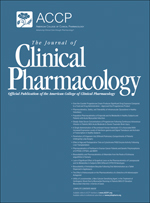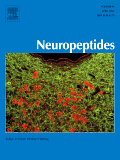
“Legalization of cannabis’ medicinal use is rapidly increasing worldwide, raising the need to evaluate medical implications of cannabis. Currently evidence supports cannabis and its active ingredients as an immune-modulating agents, affecting T-cells, B-cells, Monocytes and Microglia-cells, causing an overall reduction in pro-inflammatory cytokine expression and an increase in anti-inflammatory cytokines. Due to the supporting evidence of cannabinoids as an immune-modulating agent, research focusing on cannabinoids and autoimmunity has emerged. Several clinical trials in multiple sclerosis, inflammatory bowel disease and fibromyalgia suggest cannabis’ effectiveness as an immune-modulator. However, contradicting results and lack of large scale clinical trials obscure these results. Though lacking clinical research, in-vitro and in-vivo experiments in rheumatoid arthritis, diabetes type 1 and systemic sclerosis, demonstrate a correlation between disease activity and cannabinoids.”



.png)




